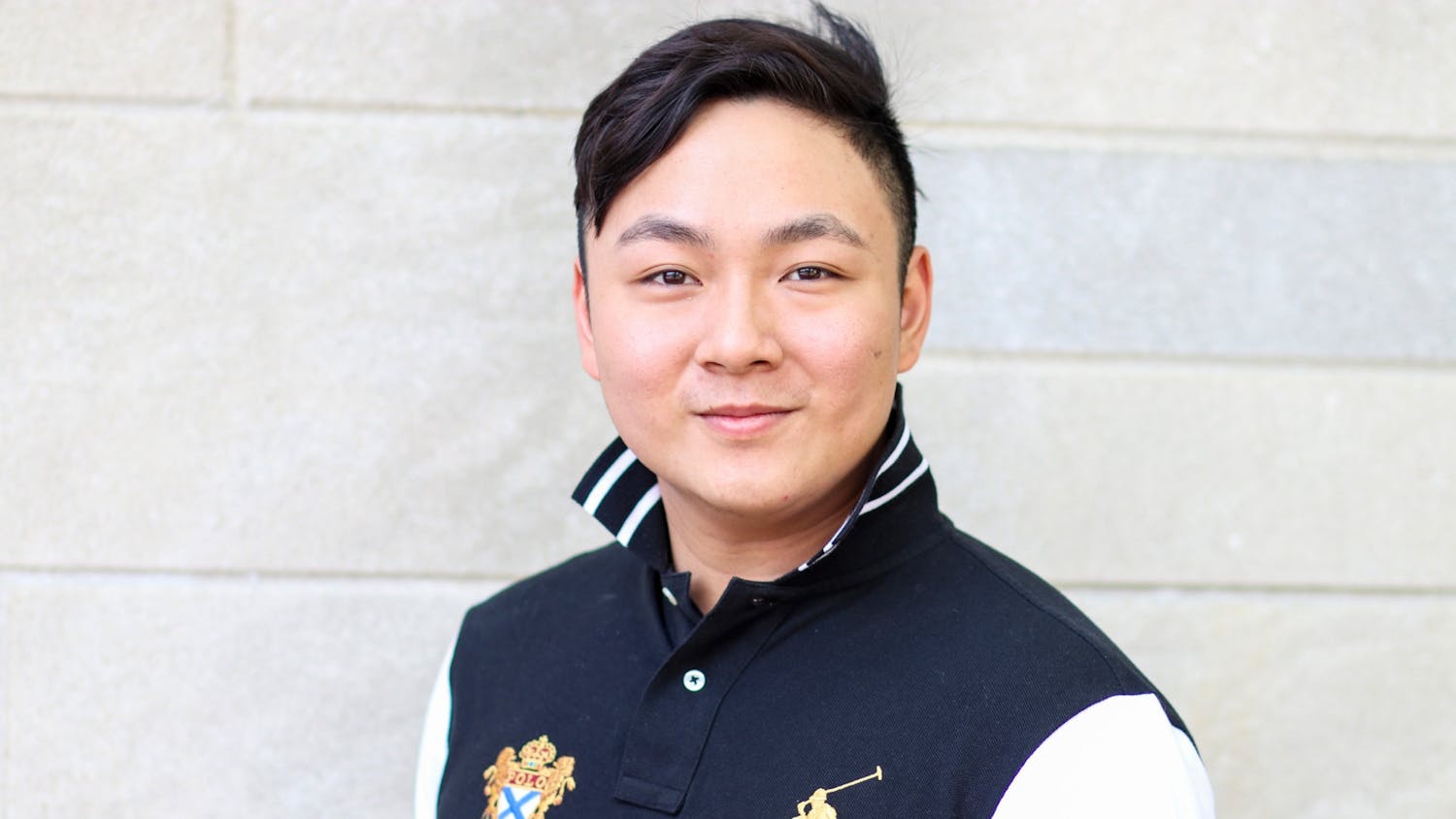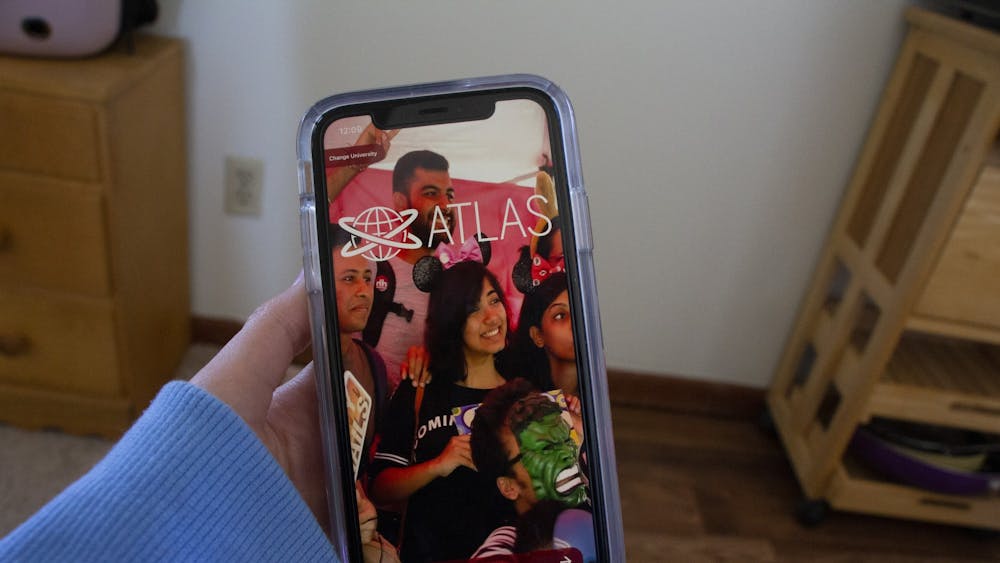Census data from fall 2013 reported IU had 8,293 international students in attendance. More than half of all international students come from Asian countries, the most common being China.
Transition for many international students, however, can be difficult. Typical challenges might include loneliness and depression as a result of feeling left out of the domestic body.
The IU Office of International Services works to make students feel at home by offering a variety of programming including Cultural Connections—a new program designed to bring American and international students together to share cultures and form friendships.
“Some people might think the language is the most difficult problem, but the real challenge is the different culture and attitude,” said Jinsoo Cha, a former OIS intern who is from Korea. “Asian students are not used to speaking up in class. I think a lot of students may be reluctant to changing the cultural attitudes that they are used to.”
Chinese graduate student Catherine Zou agreed.
“We have a different
culture, and we live in different societies, so our topics of communication are different,” Zou said. “We aren’t always comfortable talking about topics we do not understand. Americans seem to talk about everything, like if their professor was late for class. We don’t really talk about stuff like this. We don’t think it’s any of our business.”
Along with the programs offered by OIS, there are other services on campus of which international students can take advantage.
Counseling and Psychological Services is a free program through the IU Health Center where students can meet with professionals to discuss any issues, from academic to familial to emotional.
CAPS Director Dr. Nancy Stockton said many international students use the
service.
“They come with concerns ranging from adjusting to a new place, new food, adjusting to the academic environment,” Stockton said. “They also sometimes come with more personal issues, like coping with a family member back home who might be ill, and we work out how to be supportive to the family
member and how to be a student at the same time.”
Stockton also said CAPS works with and consults various centers on campus, such as the Asian Culture Center and OIS, to be informed on different cultures and experiences.
Regardless of where international students are from, the OIS does its best to help them feel welcome, despite challenges that might arise.
“If you look at why international students come here, it’s clearly because they are interested in this specific university and not just American culture,” said Rendy Schrader, OIS director of international student and scholar advising.
Schrader said while it’s easy for students to make friends from their own country, she would encourage them to step outside of that box. “International students need to be comfortable with participating in academic life as it relates to domestic students.”





